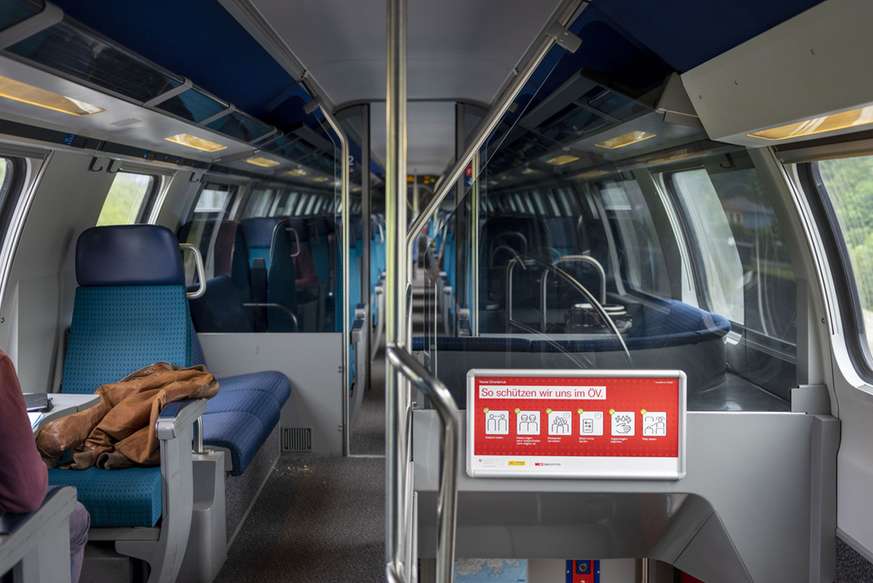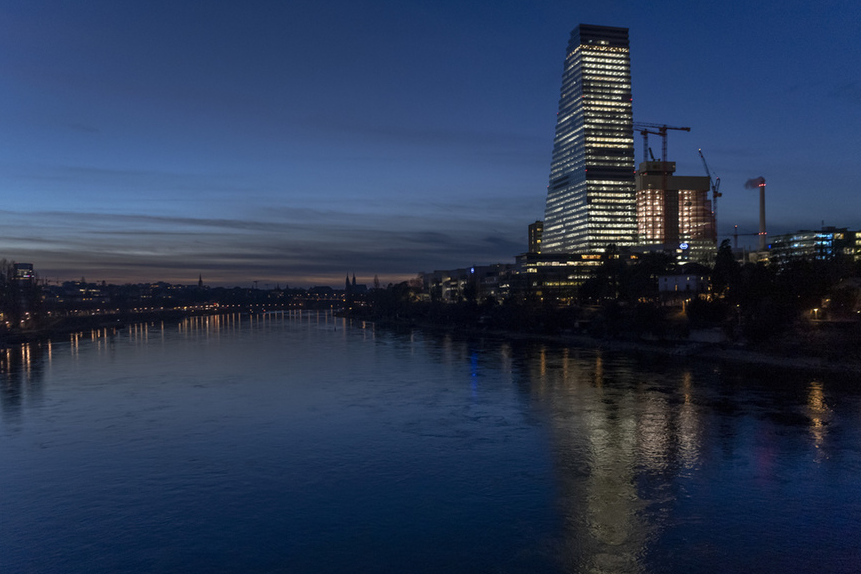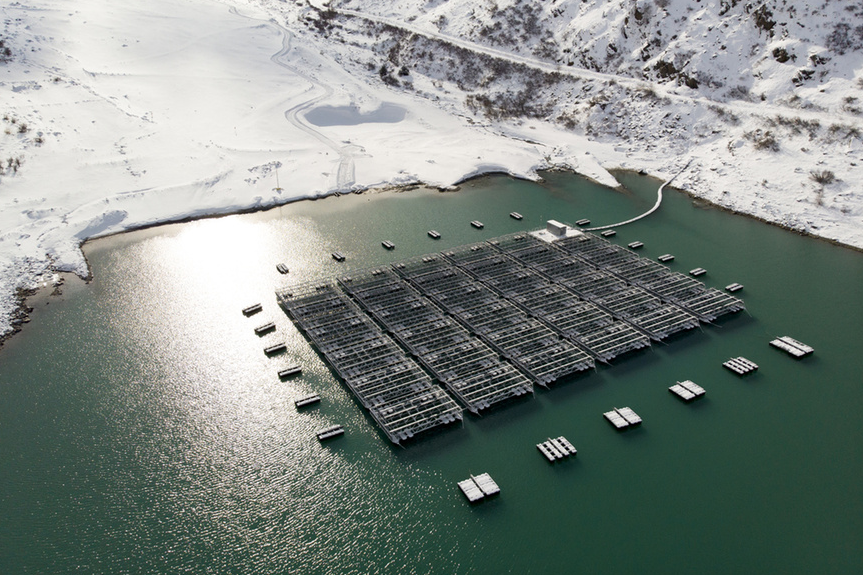© Vsg Art Stock Photography And Paintings | Dreamstime.com In 2019, Swiss salaries were on average of 0.9% higher than the year before. A nominal rise of +0.9% combined with low inflation of 0.4% delivered a real boost of 0.5% to someone earning an average salary in Switzerland. This is the first time in two ...
Topics:
Investec considers the following as important: 3.) Investec, 3) Swiss Markets and News, Featured, newsletter
This could be interesting, too:
Nachrichten Ticker - www.finanzen.ch writes Die Performance der Kryptowährungen in KW 9: Das hat sich bei Bitcoin, Ether & Co. getan
Nachrichten Ticker - www.finanzen.ch writes Wer verbirgt sich hinter der Ethereum-Technologie?
Martin Hartmann writes Eine Analyse nach den Lehren von Milton Friedman
Marc Chandler writes March 2025 Monthly

© Vsg Art Stock Photography And Paintings | Dreamstime.com
In 2019, Swiss salaries were on average of 0.9% higher than the year before. A nominal rise of +0.9% combined with low inflation of 0.4% delivered a real boost of 0.5% to someone earning an average salary in Switzerland.
This is the first time in two years that the average Swiss salary has grown faster than inflation. In 2017 and 2018 the real average salary fell -0.1% and -0.4% in real terms.
Overall, in nominal terms, average salaries rose more for women (+1.0%) than men (+0.9%).
Not everyone saw salaries rise in 2019. Salary movements ranged from -1.1% to +1.3% depending on the sector. Hi-tech manufacturing (+1.7%), scientific research (+1.7%) and financial services (+1.6%) workers received the largest nominal pay boosts. At the other end were lower-tech manufacturing (-0.9%), mechanics (-1.0) and people employed in catering and accommodation (-1.1%).
The average gross median salary in Switzerland was CHF 78,456 (US$ 82,970) in 2018.
Tags: Featured,newsletter








